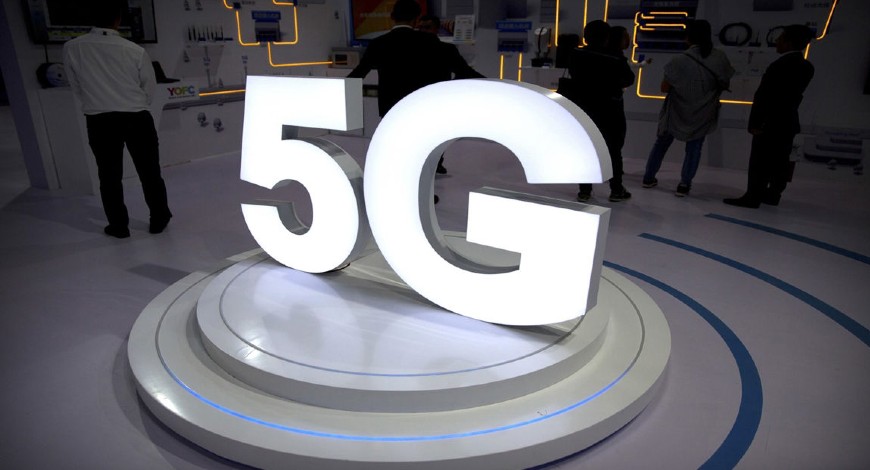5G
Telcos disappointed over DCC decision to approve TRAI proposed reserve price for 5G spectrum

Telecom operators have expressed disappointment over the Digital Communications Commission’s (DCC) decision to approve the reserve price for 5G spectrum as proposed by the Telecom Regulatory Authority of India. Though the industry has not officially commented on the matter as a final announcement by the government is awaited on account of some pending procedural formalities, it plans to write to the department of telecommunications that pricing needs to be re-looked if the country wants to reap the full dividends of 5G technology.
DCC, which is the highest decision-making body of the department of telecommunications (DoT), at its meeting on April 29, decided that the prices recommended by the TRAI did not need any downward revision. It instead said the operators be given the choice of either buying spectrum for 20 years or 30 years.
This balancing was done by DCC because as per the latest policy, the government has to offer spectrum on a 30-year lease instead of the previously prevalent 20 years. However, the TRAI had calculated the price for 20 years and said the price for a 30-year period would be 1.5 times of it. The industry had protested, stating that this way the price worked out to be either similar or higher than what the TRAI had recommended in 2018, which was seen as too high. In that sense, operators had pointed out that there was no reduction in price.
If seen from a 20-year period also, TRAI had reduced the reserve price across bands by 39% as against the demand for a 90% cut by the operators. Industry body Cellular Operators’ Association of India (COAI) had highlighted that even after the cut, the reserve price continued to be very high. The industry had demanded that spectrum pricing recommendations should be revisited as there was enough headroom available to reduce spectrum prices by 90%, in line with global norms.
The telecom operators are, however, happy with DCC’s decision on private networks. The apex body has decided that enterprises won’t be allocated spectrum directly but they would have to take it from telcos. This would protect the revenue streams of the operators, something which they had demanded. The matter may, however, be contested by Broadband India Forum, which has been batting for direct allocation to the enterprises or the choice should rest with them how they want to acquire spectrum.
The telecom industry had said private networks should not be allowed “for the financial viability and orderly growth of the telecom industry, which is more than capable of delivering these services to businesses”.
According to COAI, in case private captive networks for enterprises were allowed, the telecom sector’s dynamics would change dramatically, hurting the financial health of the industry rather than improving it.
“Enterprise services constitute 30-40% of the industry’s overall revenues. Private networks once again disincentivises the telecom industry to invest in networks and continue paying high levies and taxes,” COAI said. Financial Express















You must be logged in to post a comment Login